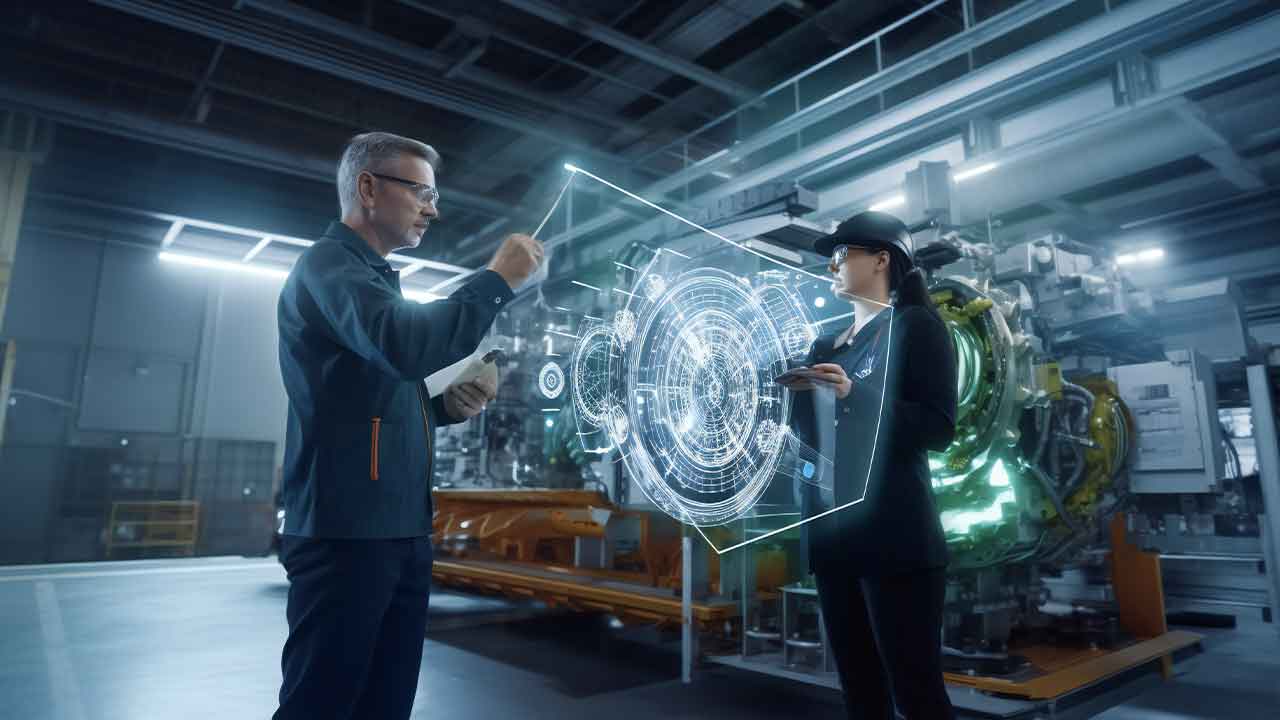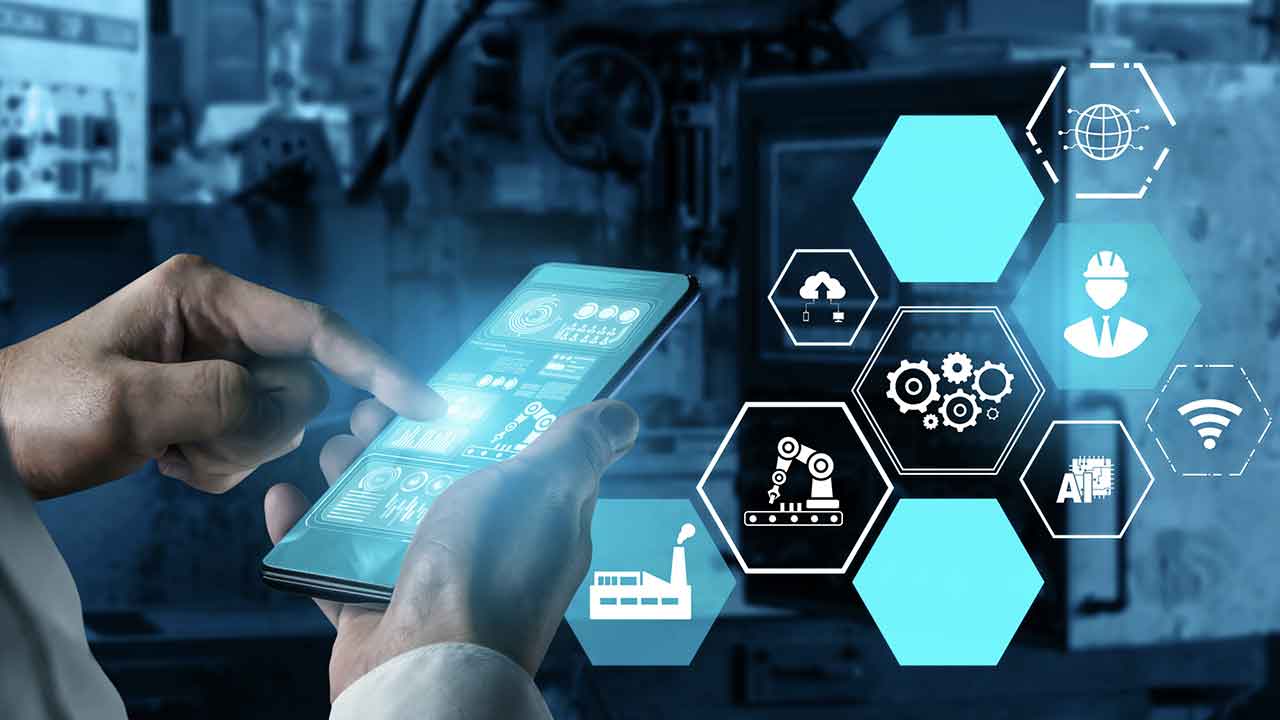From Complexity to Control: Why Smart MES is the Backbone of Modern Manufacturing | SPONSORED
At Hannover Messe 2025, there’s one term on everyone’s lips: AI. But amidst the noise, Francisco Almada Lobo brings a clear, strategic voice to the table—cutting through the hype to highlight what actually matters in manufacturing today: control, visibility, and preparedness.
For manufacturers navigating rising product complexity, volatile supply chains, and increased customization demands, the pressure to “digitize everything” is real. But according to Almada Lobo, success starts with more than just digitization—it starts with a vision and a strong operational foundation.
The New Manufacturing Tech Stack
The days of relying solely on ERP, PLM, and MES are over. Today’s smart manufacturing stack includes:
- An automation layer that connects directly to equipment and sensors, enabling real-time feedback.
- A modern MES that not only governs execution but ensures traceability and compliance.
- A data platform that unlocks insights across processes, from shop floor to supply chain.
Rather than discarding legacy systems, Almada Lobo advocates anchoring transformation in these three elements. This is where control begins—and where transformative outcomes become possible.
From Digital Waste to Operational Clarity
Many manufacturers still mistake digital tools for transformation. As Almada Lobo warns, “Digitizing inefficiencies still leaves you with inefficiencies.”
True transformation starts before the software is even deployed. One of Critical Manufacturing’s customers—a major U.S.-based semiconductor manufacturer—achieved ROI before rolling out any MES technology simply by cleaning up processes during the preparation phase. The lesson? Start with streamlined workflows. Only then can technology amplify their impact.
MES and the Supply Chain of the Future
As global supply chains face increasing uncertainty, manufacturers need agile infrastructure—not just automation. MES platforms that integrate with AI and data platforms are now being used to:
- Trace materials in real-time
- Monitor supplier performance
- Adapt to tariffs and disruptions on the fly
The future MES is no longer static. It’s becoming dynamic, intelligent, and—crucially—integrated with next-gen AI tools.
What’s Next: Generative AI and the Rise of Autonomous Agents
One of the most compelling ideas shared by Almada Lobo is the emergence of generative and genetic AI agents. These aren’t just content creators—they’re intelligent actors capable of making decisions, executing tasks, and improving their own logic through feedback loops.
Think of them as the third wave of AI:
- Wave 1: Analytics
- Wave 2: Predictive models
- Wave 3: Autonomous, tool-using agents
In the context of supply chains, these agents could assess risks, adjust sourcing strategies, and recommend operational changes—in real time and without deterministic coding.
Critical Manufacturing is already preparing for this future by making its platform open and modular, enabling seamless integration with these emerging AI agents.
Manufacturing for All Sizes
The myth that modern MES is only for large enterprises is rapidly fading. Francisco Almada Lobo points to subscription-based, scalable MES platforms tailored for small and mid-sized manufacturers—with prebuilt use cases and rapid onboarding capabilities. For many, not having MES is becoming the more expensive choice.
The Vision for 2030
Looking ahead, Almada Lobo outlines a modular, AI-ready architecture every manufacturer should aim for by 2030:
- Automation Layer – to get the most from assets on the floor
- Execution Engine – to ensure compliance, quality, and traceability
- Insight Platform – to turn data into action
Add to that the intelligent agent layer—powered by AI, integrated with AR, and capable of autonomous optimization—and you have the blueprint for the factory of the future.
Sponsored by Critical Manufacturing
About the author
Lucian Fogoros is the Co-founder of IIoT World
Related articles:



